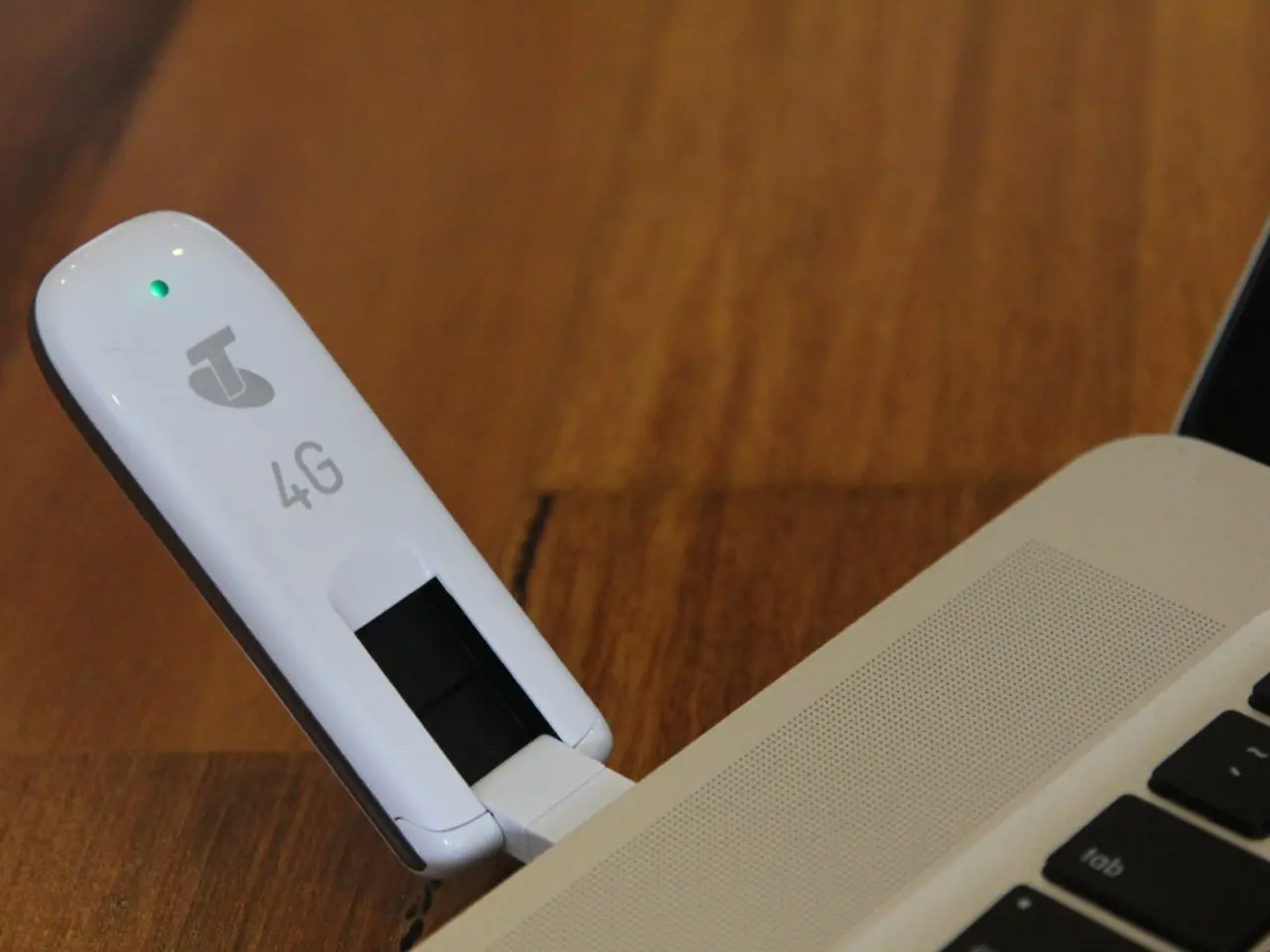Interview in MWC Las Vegas with Richard Cunliffe, the Director at Resilient SIM
In the ever-evolving world of telecommunications, a groundbreaking innovation called Resilient SIM (rSIM) is making waves. Originated from Germany, this technology is designed with simplicity and scalability in mind, eliminating the need for extra hardware or engineering resources to manage dual SIMs for manufacturers.
rSIM is not just a game-changer for manufacturers but also for the telecare industry. By providing dual-path connectivity, rSIM offers essential security for vulnerable individuals, particularly in critical devices like panic buttons. This ensures that help is always available, even in the event of connectivity loss.
Last week, at the IoT Tech Expo in Amsterdam, a collaboration between rSIM and Vodafone IoT was showcased. This partnership is a significant step towards making rSIM a standard across multiple operators. The details of this collaboration, however, remain undisclosed.
The rSIM technology operates as a neutral host within the operator ecosystem, using a neutral Subscriber Management-Service Request (SM-SR) that connects different operators. It actively tests the connection every 60 seconds and switches to a secondary profile when connectivity drops, ensuring uninterrupted service.
rSIM can be dropped into any single-SIM device that supports eUICC, whether it's brand new or legacy. It consolidates connectivity testing and managing dual SIMs into one SIM, making it a versatile solution for various devices.
The concept of critical connectivity, which was initially focused on protecting life or property, is now being applied to a range of areas, including revenue assurance. rSIM is seen as the next evolution of the roaming SIM, increasing Average Revenue Per User (ARPU), particularly in Europe where competition has driven connectivity costs down.
Operators can offer rSIM directly to their customers, providing them with an additional layer of resilience and differentiation in the market. rSIM can be implemented as either a physical plastic SIM or an eSIM, offering flexibility to accommodate various device types.
As rSIM adapts to the SGP.22 and SGP.32 standards as they become widely adopted, its adoption is broadening, with the idea of "critical connectivity" being applied to a range of areas beyond life-critical cases. This innovation is set to redefine the landscape of telecommunications, offering a more resilient and versatile solution for manufacturers and operators alike.
Read also:
- Understanding Hemorrhagic Gastroenteritis: Key Facts
- Trump's Policies: Tariffs, AI, Surveillance, and Possible Martial Law
- Expanded Community Health Involvement by CK Birla Hospitals, Jaipur, Maintained Through Consistent Outreach Programs Across Rajasthan
- Abdominal Fat Accumulation: Causes and Strategies for Reduction




